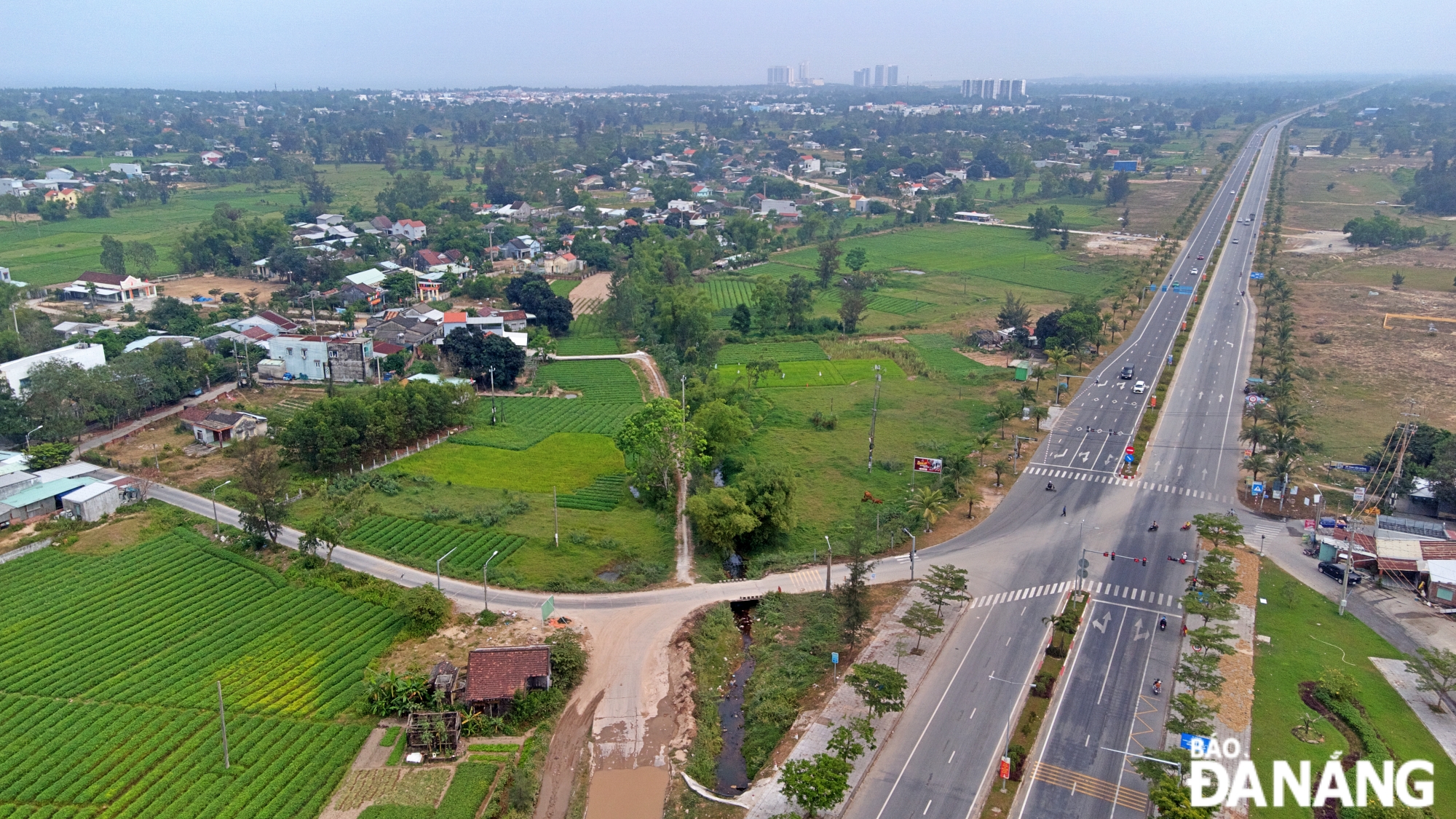ASEAN affirms central role in creating new trade architecture: AEM-50
Through the negotiations of the Regional Comprehensive Economic Partnership (RCEP), the Association of Southeast Asian Nations (ASEAN) has affirmed its central role in creating new regional trade architecture that contributes to the multilateral trading system and creating momentums to boost trade liberalisation and commercialisation.
 |
| ASEAN economic leaders take photo at the event (Photo: Xinhua/VNA) |
This is particularly important given obstacles posed by trade protectionism and unilateralism in international trade relations, participants said at the 50th ASEAN Economic Ministers (AEM-50) Meeting and Related Meetings, which wrapped up in Singapore on September 1, after four days of working.
Economic ministers from ASEAN stated that the AEM-50 has significant meaning to push negotiations of free trade agreements (FTAs) between ASEAN and its partners, especially the RCEP.
The negotiations of the RCEP are expected to be concluded at the end of 2018 with important tasks such as building mechanisms on customs procedures and trade facilitation in the region, competitiveness policy, intellectual property, elimination of trade barriers, e-commerce development, building ASEAN trade facilitation indicators, supporting micro, small, and medium enterprises, optimising trade incentives, and narrowing development gap among ASEAN countries.
During the AEM-50, ministers focused discussion on ASEAN priorities for economic-trade cooperation in 2018, reviewed the roadmap to realise its commitments in agreements and the implementation of priorities in 2018 to look toward the completion of building the ASEAN Economic Community 2025.
Ministers signed the First Protocol to Amend the ASEAN Trade in Goods Agreement (ATIGA) to allow the operationalisation of the ASEAN-wide Self-Certification (AWSC), and the Protocol to implement the 10th ASEAN Framework Agreement on Services (AFAS).
That businesses are allowed to self-certify the origin of their products is considered a significant stride in ASEAN to support enterprises, especially small and medium sized ones, to make better use of incentives within ASEAN framework.
Such outcomes will be further promoted to report at the 33rd ASEAN Summit and related meetings in November in Singapore.
Regarding extra-bloc cooperation, ministers underlined positive results that ASEAN had gained while implementing FTAs with partners such as India, China, the Republic of Korea, Japan, Australia, New Zealand and China.
Minister of Industry and Trade Tran Tuan Anh, head of the Vietnamese delegation, said the AEM-50 and related meetings are very significant for Vietnam in preparation for the ASEAN meetings in 2020.
Viet Nam has coordinated with other member states to maintain the leading role of ASEAN as well as push ahead with negotiations to protect the benefits of ASEAN nations, he said.
With the aim of reaching a high-quality and interest-balance agreement, Viet Nam had actively joined discussions and put forth proposals in some fields to address disagreements between the involved parties but still ensure national interests, he added.
The country has also built a negotiation package on investment for ministers’ approval. Along with other ASEAN countries, Vietnam has actively contributed to the conclusion of negotiations of a chapter on customs procedures and trade facilitation.
On the sidelines of the AEM-50, Minister Tran Tuan Anh met with his counterparts from Singapore, Indonesia and the Republic of Korea to discuss bilateral cooperation as well as regional and multilateral collaboration.
(Source: VNA)




